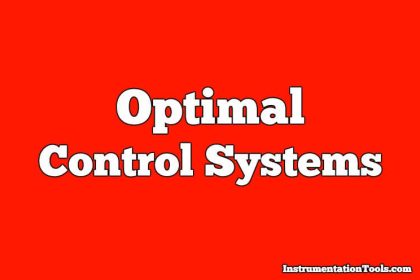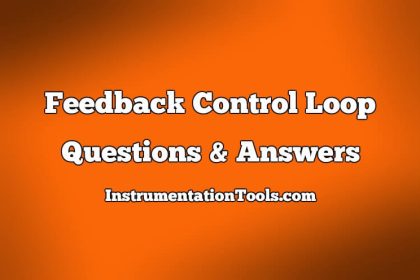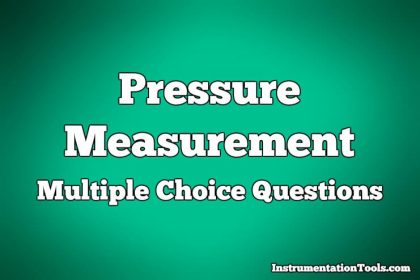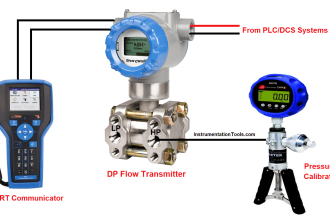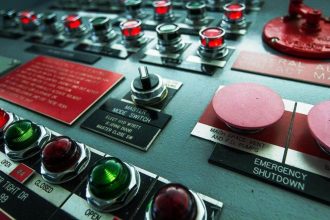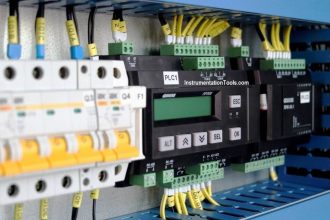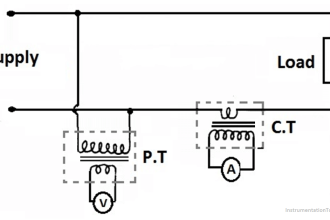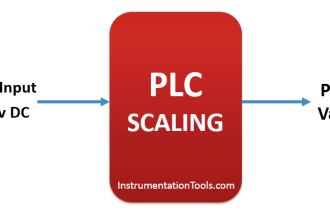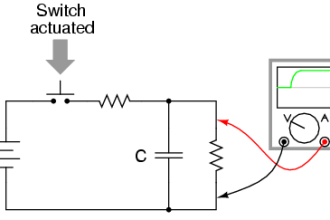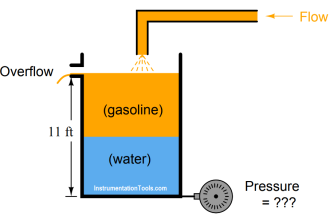Time of Flight Mass Spectrometer
1. Which of the following is not a component of the time of flight analyser spectrometer?
a) Ion source
b) Field free separation region
c) Electron multiplication region
d) Photo tube
Answer: d
Explanation: Phototube is not a component of time of flight mass spectrometer. Time of flight mass analyser is a type of mass spectrometer.
2. Time of flight mass spectrometer has unlimited mass range.
a) True
b) False
Answer: a
Explanation: Time of flight mass spectrometer is a type of mass spectrometer. It has unlimited mass range.
3. Which of the following is not an advantage of mass spectrometer?
a) Simple
b) Rugged
c) High sensitivity
d) Unlimited mass range
Answer: c
Explanation: Time of flight mass spectrometers have limited sensitivity and resolution. They are simple and rugged.
4. All the ions entering the tube have the same kinetic energy.
a) True
b) False
Answer: a
Explanation: Separation of ions occurs while they are moving from the ion source to the detector. All the ions entering the tube have the same kinetic energy.
5. If all the ions have the same kinetic energy how are their masses related to their velocities?
a) Mass and velocity are equal
b) Mass and velocity are not related
c) Mass and velocity are directly proportional
d) Mass and velocity are inversely proportional
Answer: d
Explanation: If all the ions have the same kinetic energy, mass and velocity are inversely proportional. This is used in separation of ions.
6. Which of the following is true about time of flight analyser spectrometers?
a) Lighter particles arrive at the detector earlier
b) Heavier particle arrive at the detector earlier
c) Lighter and heavier particles arrive together at the detector
d) Lighter particles do not reach the detector
Answer: a
Explanation: Lighter particles arrive at the detector earlier than the heavier particles. The time difference is used to separate the electrons according to their mass.
7. In time of flight mass spectrometer, ions are formed by which of the following methods?
a) Pulsed ionization method
b) Acceleration method
c) Dynamic method
d) Ion excitation method
Answer: a
Explanation: In time of flight mass spectrometer, ions are formed by pulsed ionisation method. It is a type of mass spectrometer.
8. The evacuated tube is also known as which of the following?
a) Pulse tube
b) Detector tube
c) Drift tube
d) Acceleration tube
Answer: c
Explanation: The evacuated tube is also known as drift tube. The electrons move from source to detector through the tube.
9. The current produced by ions arriving at the collector necessitates the use of which of the following?
a) Wide band amplifier
b) Narrow band amplifier
c) Wide band filter
d) Narrow band filter
Answer: a
Explanation: The current produced by ions arriving at the collector has very short duration.Hence, it necessitates the use of wide band amplifier.
10. Which of the following is an ion optic device in which ions pass through a mirror and their flight is reversed?
a) Reversal device
b) Reflectron
c) Mirror arrangement
d) Separation chamber
Answer: b
Explanation: Reflectron is an ion optic device in which ions pass through a mirror and their flight is reversed. It is used in time of flight mass spectrometer.
11. Which of the following statements about mass spectrometers are not true?
a) Time of flight mass spectrometer has the ability to record entire mass spectrum at a time
b) Time of flight mass spectrometers have poor resolution
c) Conventional spectrometer detects only one peak at a time
d) All spectrometers have the ability to record entire mass spectrum at a time
Answer: d
Explanation: Conventional spectrometer detects only one peak at a time. Time of flight mass spectrometer has the ability to record entire mass spectrum at a time.
